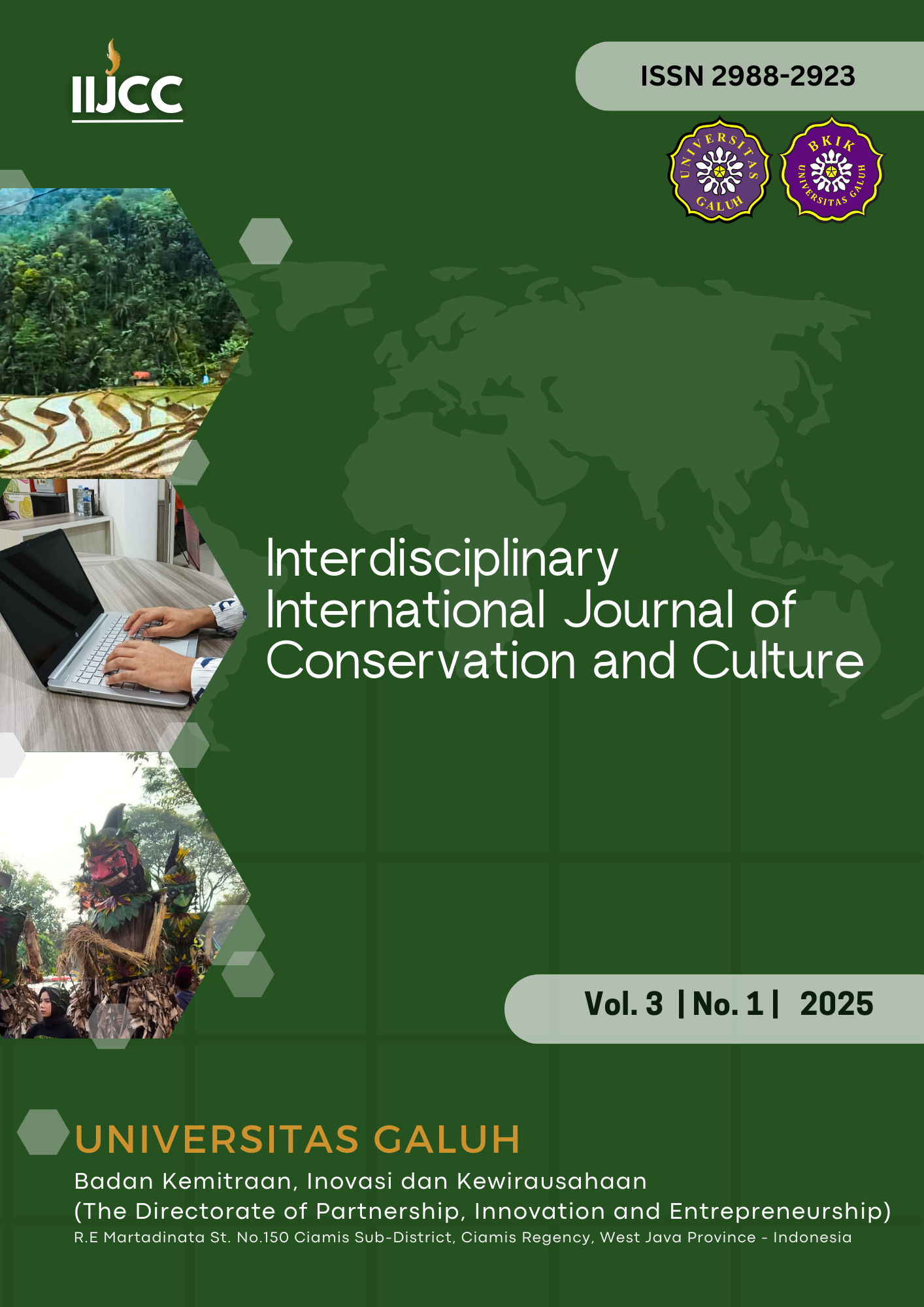Effectiveness of field schools in increasing livestock farmers' capacity for sustainable livestock business management practices in the Tasikmalaya highlands
DOI:
https://doi.org/10.25157/iijcc.v3i1.4871Kata Kunci:
Farmer Education, Field School, Livestock Management, Sustainable AgricultureAbstrak
This study investigated the effectiveness of the Field School Livestock Business Management program in enhancing the knowledge and skills of livestock farmers in Tasikmalaya Regency, a region implementing the Upland Areas Project (UPLAND). Employing a quantitative pre- and post-test design, the research assessed the impact of the Field School on participants from Batch 1 (n=25) and Batch 2 (n=25). The curriculum encompasses crucial aspects of livestock management, including feed cultivation, barn management, seed selection, husbandry techniques, and reproduction management, with Class 2 also participating in practical forage crop cultivation. The findings revealed statistically significant improvements in the mean knowledge and skill scores for both classes following the Sekolah Field intervention. Batch 1 demonstrated an increase from a pre-test mean of 69.60 to a post-test mean of 84.40, while Batch 2 demonstrated a more substantial gain from 60.40 to 83.20. Inferential statistical analysis on the normalized gain scores indicated a significantly higher learning efficiency in Batch 2 compared to Batch 1, suggesting that factors such as the practical forage cultivation session may have contributed to enhanced learning outcomes. These results underscore the efficacy of the Field School as an impactful extension methodology for improving livestock farmers' competencies, aligning with the UPLAND project's goals of fostering integrated and sustainable agricultural systems. The study highlights the potential of participatory, hands-on learning approaches in promoting knowledge acquisition and skill development crucial for modern livestock management. Future research should focus on longitudinal assessments of knowledge retention and the actual adoption of sustainable practices, as well as exploring the socio-economic and environmental impacts of the Sekolah Field program in the long term.
Unduhan
Diterbitkan
Cara Mengutip
Terbitan
Bagian
Lisensi
Hak Cipta (c) 2025 Interdisciplinary International Journal of Conservation and Culture

Artikel ini berlisensiCreative Commons Attribution-ShareAlike 4.0 International License.










